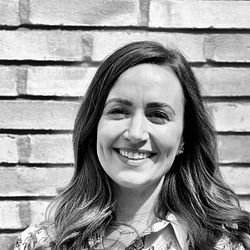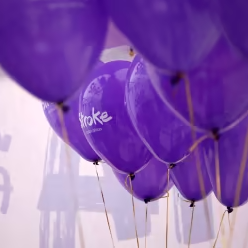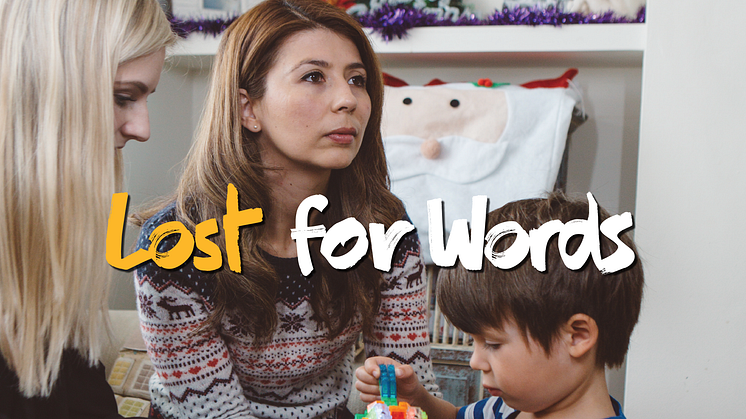
Press release -
Harrow stroke survivor adds her voice to Lost for Words campaign
Harrow stroke survivor Alisha Malhotra, 28, is one of the thousands of people living with communication difficulties after a stroke.
Alisha had a severe stroke in 2016 which left her initially unable to read, write, speak or walk. Alisha, who was a primary school teacher when she had her stroke, spent five months in hospital recovering.
Alisha now attends the Stoke Association’s support group at Harrow Arts Centre, and has speech and language therapy twice a week. She said: “Within an instant, I’d lost everything. I didn’t know any words; hello, goodbye, mum, dad – they’d all gone.
“I had no idea what had happened to me, and I don’t think I realised in hospital just how serious it was. I smiled and nodded to nurses and doctors, and everyone would tell me how well I looked. They didn’t realise just how much I was hiding behind my smile; I remember being so confused by everything going on around me.
“I have a head full of ideas and things I want to say, sometimes I think I can’t fit much more in there. Having aphasia is like being in a bubble, you feel trapped in yourself. It’s all I think about, day in and day out. I even have dreams at night where I think when I wake up everything will be as before.
“Speech and language therapy has been a huge help to my recovery, but it’s really hard work. I’ve had to completely start from scratch. The Stroke Association’s local support group has helped me to meet other stroke survivors who are in the position as me, which has been really helpful.
“I’ve lost some of my independence since having a stroke, and even something as simple as texting a friend was the biggest hurdle of my day. I have to get busses and trains, and that can be so scary when you have aphasia.
“I’m so passionate to help raise awareness of stroke and aphasia now. I really want to help other people who are going through what I am, and to support the charity in raising awareness of this difficult condition.
"I am a fighter and I know I will get better, and I will fulfil all my dreams."

The Stroke Association’s Lost for Words campaign aims to raise awareness of the challenges stroke survivors with communication difficulties can face, and help and support available.
Michelle Dalmacio, Director of Stroke Support South at the Stroke Association, said: “After a stroke, around one in three people like Alisha have difficulty communicating, which can be both terrifying and isolating. But with the right help and support, many stroke survivors are able to find new ways to communicate, and can rebuild their lives. Alisha’s determination to get better is incredible, she’s a real inspiration to others.”
More than 350,000 people in the UK have aphasia, a communication disability which can be caused by stroke. The Stroke Association is urging people to show their support for stroke survivors who are lost for words and make a donation. For more information, visit www.stroke.org.uk/lostforwords.
Topics












